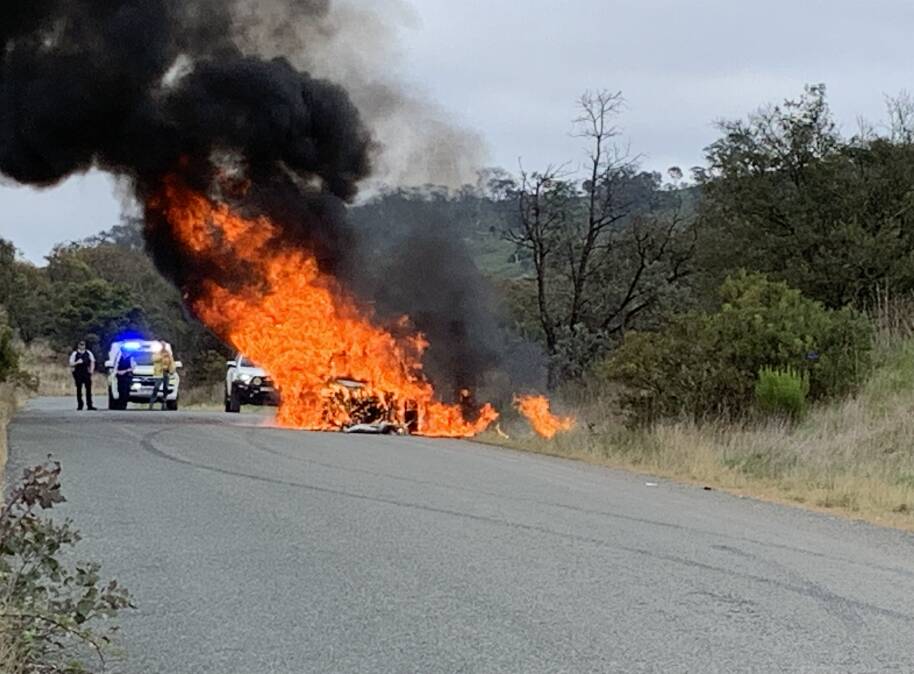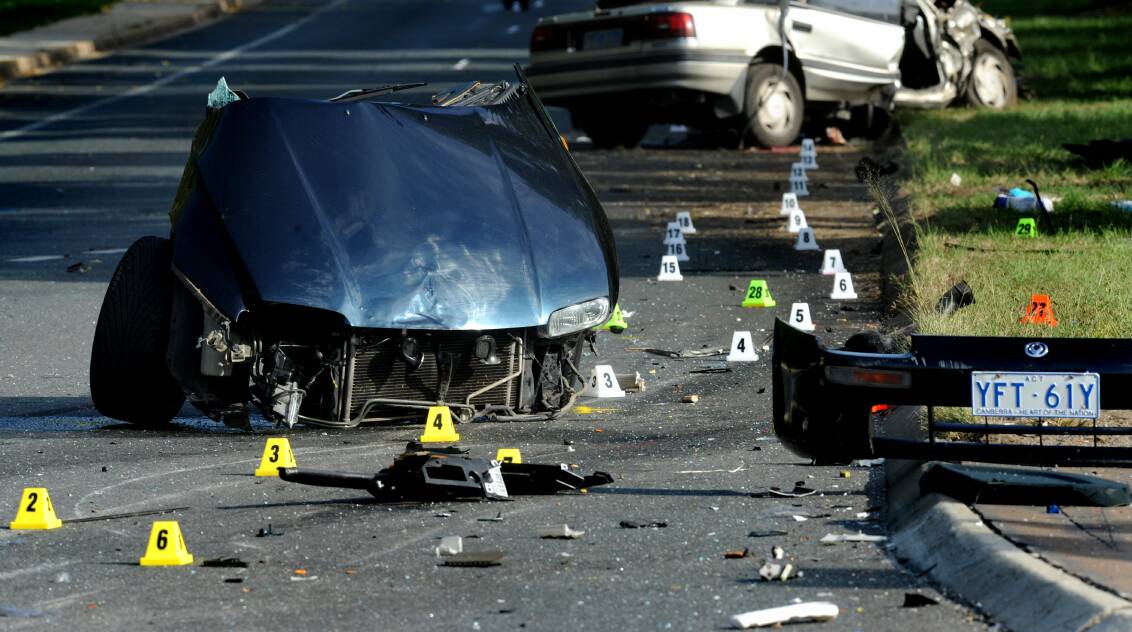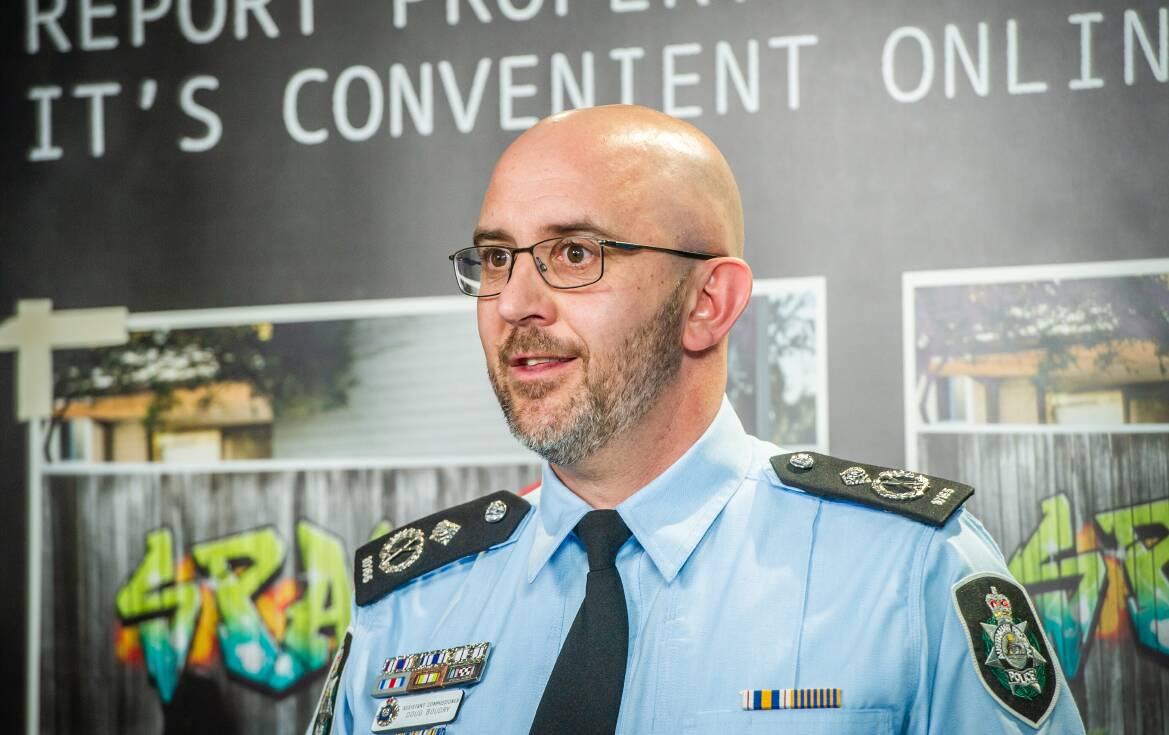Crushing cars to deter dangerous driving offenders and imposing an ACT version of "Skye's Law" are among the options on the table as stakeholders gather for a conference on the continued high incidence of recidivist dangerous driving
Assistant Commissioner Doug Boudry will present the ACT police view to the meeting, which Attorney-General Shane Rattenbury will host. It will include national road safety experts, representatives from the Canberra Police Community Youth Club and stakeholders from the justice and community services sectors.
Recidivist driving offending remains an ongoing issue in the ACT despite a successful and targeted approach by police through Operation Toric since August last year.
However, those that have faced court and have had their licences suspended continue to re-offend, putting police and other road users at significant risk when they attempt to evade custody again.

Under discussion at the meeting will be "behaviour change, data, training, culture and technology, and the ACT government's justice reinvestment approach".
In the ACT, recent legislation has taken away the presumption for bail for repeat dangerous driving offenders.
One ongoing issue for ACT police, was raised in their submission to the ACT Assembly's dangerous driving inquiry last year, was the danger posed when offenders flee police, who were placed under significant political pressure to revise their pursuit guidelines in the wake of the Clea Rose tragedy in Civic in July 2005.
Like most jurisdictions around the country, strict operational requirements now apply when ACT police attempt to apprehend a dangerous driving offender, who now only has to drive on the opposite side of the road for a pursuit to be automatically terminated.
"The link between failing to stop for police and other serious offences cannot be over-emphasised," police said in their submission.

"The debate centres on finding the balance between the risks in permitting a suspect to escape from prompt apprehension and the mitigation of risk to public safety arising from fleeing drivers.
"Police need to determine the value of apprehending an offender in a pursuit and whether it is outweighed by the inherent risks."
In NSW, tough sanctions apply where an offender's car may be impounded for up to six months if the person was disqualified from driving when apprehended by police.
Skye's Law was introduced in NSW in 2010 after a 19-month-old toddler, Skye Sassine, was killed in a collision when an offender failed to stop for police and engaged them in a pursuit, then collided with the vehicle in which Skye was travelling. This legislation provides harsh penalties and potential imprisonment for any driver who does not stop for police.
Western Australia has a similar type of law, which imposes imprisonment for those who drive dangerously when fleeing police.

In Victoria, a car may be crushed or disposed of by police if a person constantly reoffends.
"Dangerous driving remains a problem that we have to address," Minister Rattenbury said.
"We need to explore the full spectrum of options that might help address dangerous driving, from criminal offences and jail to effective behaviour change initiatives.
"The contribution of attendees at [this] roundtable will assist the government in identifying and implementing future evidence-based actions that will help us to keep Canberrans safe [and] also inform the development of a new Road Safety Action Plan."
He said the government was undertaking a road transport penalties review with the second tranche of reforms to be introduced before the end of the year to be focused on driving under the influence of drugs and alcohol.







